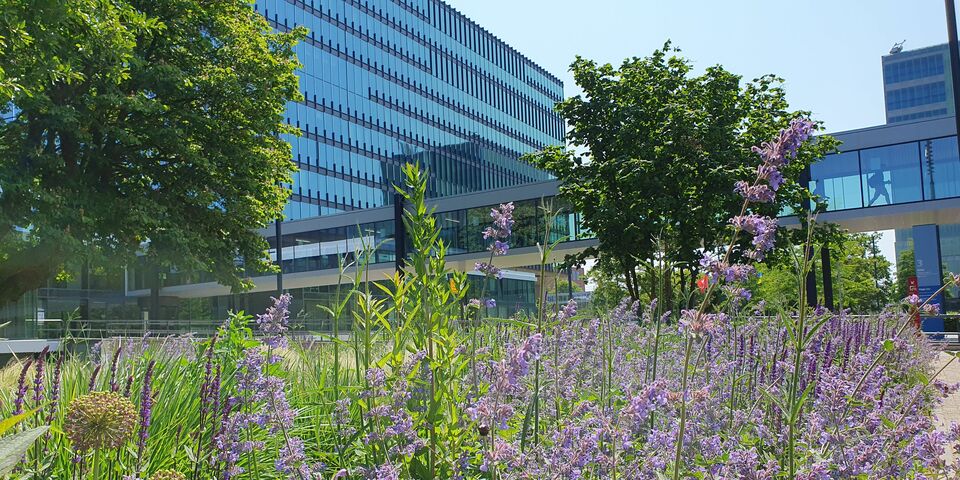Cutbacks by incoming government force TU/e to abandon growth plans
TU/e has no choice but to halt the plan to expand its student body to 15,000 by 2025. "The government's significant cutbacks, which demand swift implementation, mean this planned broad-based growth is no longer feasible," a spokesperson informs Cursor.
The new cabinet is looking to achieve a lasting saving of more than a billion euros in higher education. The universities are voicing their opposition, but the plans, if they go head, will have major consequences for TU/e's plans for growth. "Only recently, TU/e has been compelled by the new coalition agreement to shelve its broad-based, organic plans for growth," says the spokesperson.
Ideally, TU/e would like to expand as quickly as possible. In November 2022 the university was talking of an increase in scale to 21,000 students in 2032. This growth is necessary, believes the Executive Board, to meet the sharply rising need for engineers in the Brainport region.
As no central government funding for this growth spurt was forthcoming, TU/e resorted to an 'organic' growth trajectory. At the end of 2023 TU/e had roughly 13,000 students. That was planned to increase to 15,000 in 2025.
Now this plan for moderate growth is also being shelved. The combination of central government cutbacks and limits on the intake of international students make growth a difficult proposition. For the time being in Eindhoven, cutbacks will be the order of the day.
However, an announcement relating to the Beethoven Project is expected soon. Back in March, the outgoing Cabinet decided to allocate 450 million euros to investments in technical and engineering talent in the years to 2030. For the period after 2030, the cabinet committed to spending an additional 80 million euros annually on education, earmarked for boosting universities, universities of applied science, and vocational high schools. The Eindhoven region is expected to attract the largest share of this funding.
Another purpose of this investment by The Hague was to encourage companies like ASML and NXP to stay in the Netherlands. The education institutions were asked to come up with a plan of their own. This plan is now taking shape, says the TU/e spokesperson, and there is strong hope that the necessary funding will be secured. "These plans envisage TU/e growing only in terms of numbers of master's students, to a total student population of over 15,000 in 2030."


Discussion